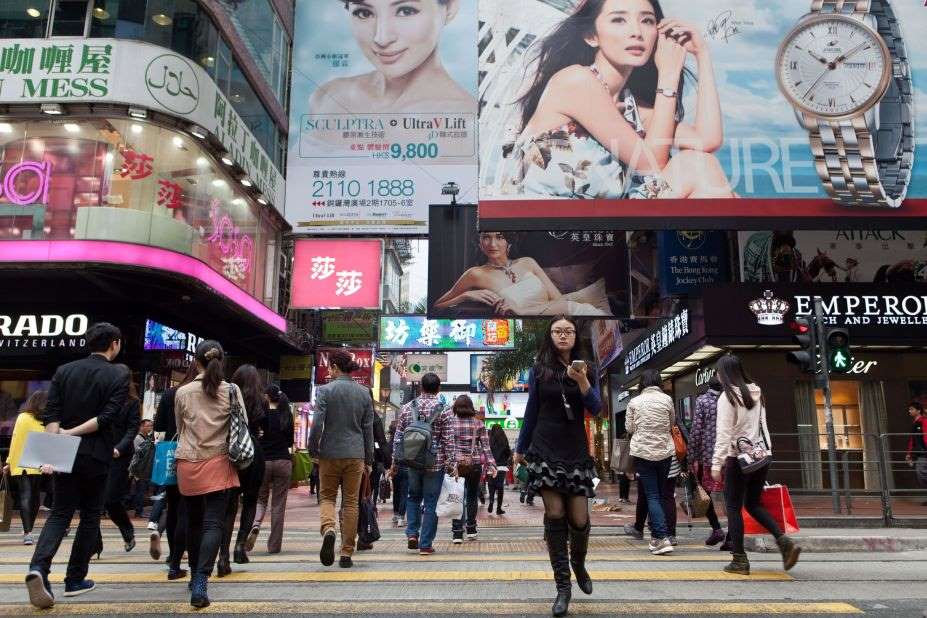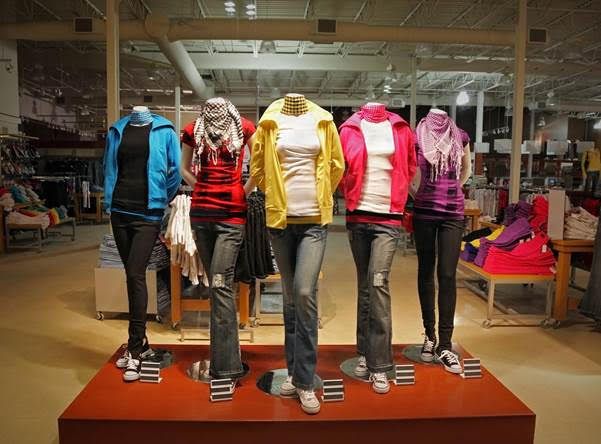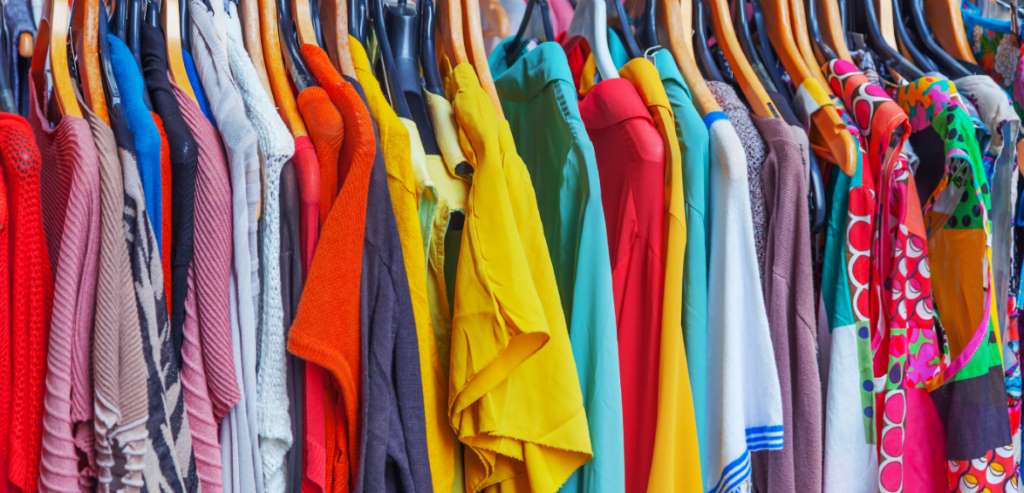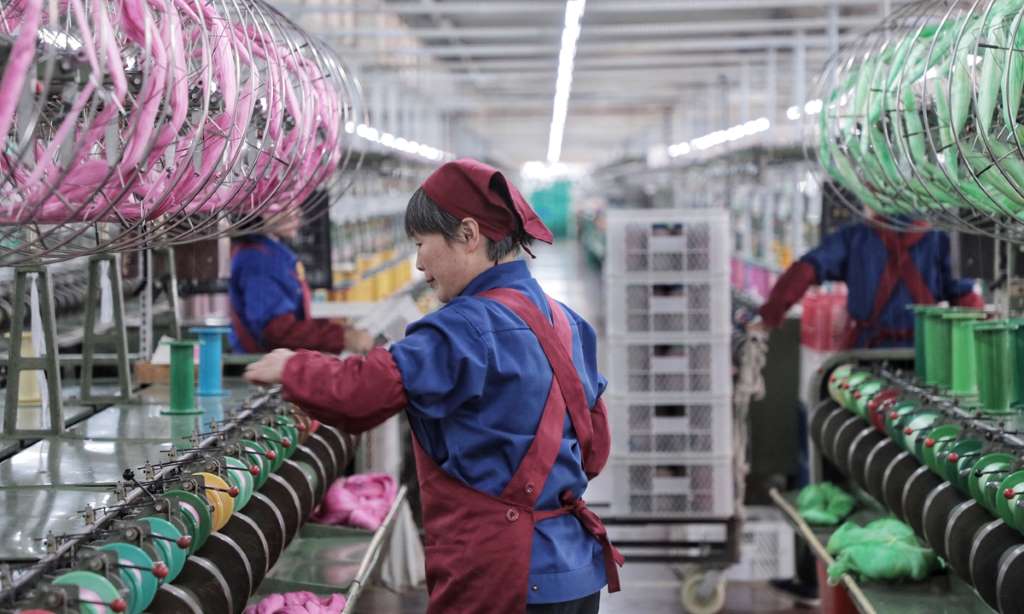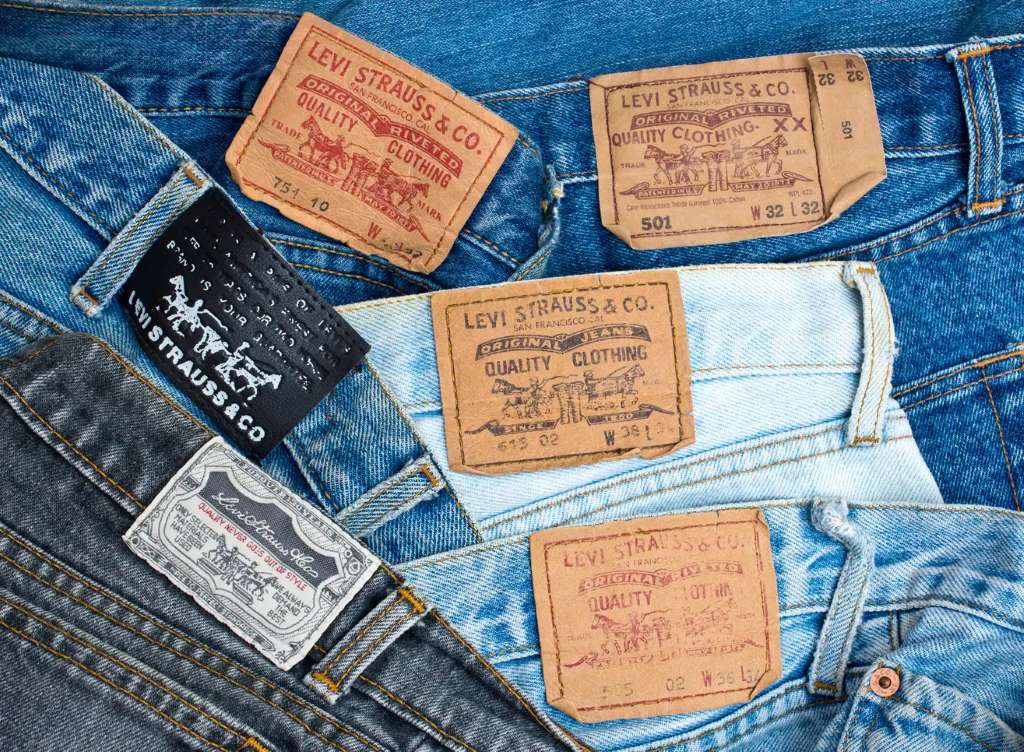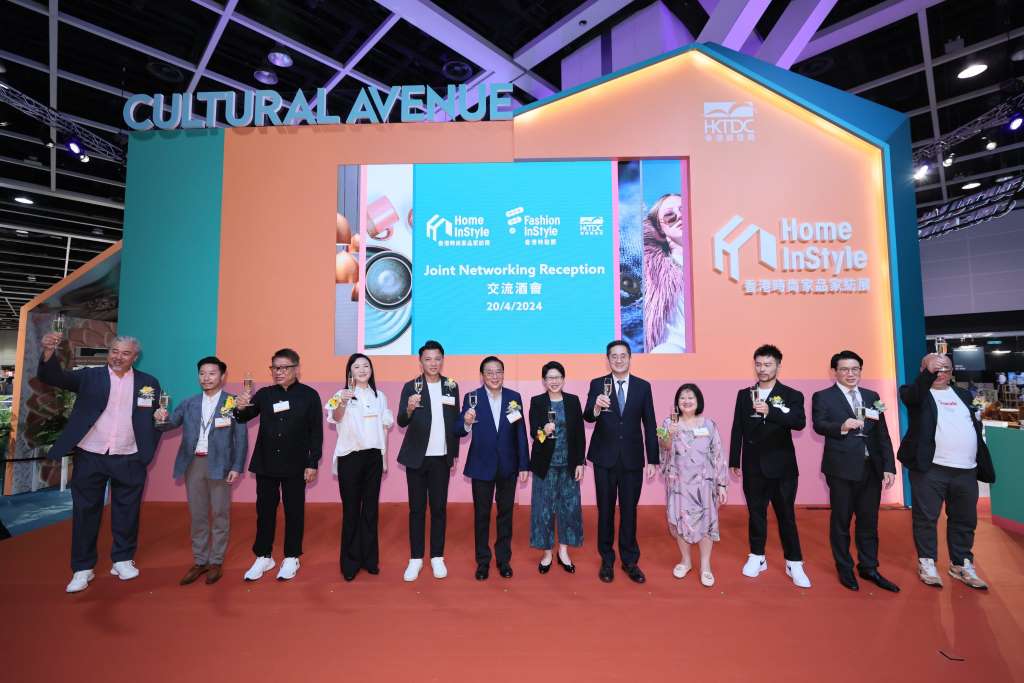"As per the Fashion Transparency Index, launched in 2017, fashion brands are finally waking up to the environmental demands of their consumers. These brands that include noted names such as H&M, Adidas, Reebok and Patagonia are embracing sustainability as an operational and marketing strategy to remove negative impact of their operations on the environment."
 As per the Fashion Transparency Index, launched in 2017, fashion brands are finally waking up to the environmental demands of their consumers. These brands that include noted names such as H&M, Adidas, Reebok and Patagonia are embracing sustainability as an operational and marketing strategy to remove negative impact of their operations on the environment.
As per the Fashion Transparency Index, launched in 2017, fashion brands are finally waking up to the environmental demands of their consumers. These brands that include noted names such as H&M, Adidas, Reebok and Patagonia are embracing sustainability as an operational and marketing strategy to remove negative impact of their operations on the environment.
H&M, one of the Fashion Transparency Index leaders, harnesses the power of artificial intelligence (AI) to reduce waste, increase customer-focus and successfully embed sustainability into their operations without compromising on the score a significant victory for sustainability within the ecommerce arena.
Brands like H&M realise when customers shop online, they face many other challenges that include the inability to try these clothes on. So they either have to return a garment if it doesn’t fit them or buy multiple sizes and styles. This not only proves costly for them but also has a significant impact on the environment as the transport of these goods back and forth releases a significant amount of CO2 in the environment.
to try these clothes on. So they either have to return a garment if it doesn’t fit them or buy multiple sizes and styles. This not only proves costly for them but also has a significant impact on the environment as the transport of these goods back and forth releases a significant amount of CO2 in the environment.
Brands can therefore significantly reduce this impact on the environment by harnessing the power of AI. Outdoor recreational retailer Moosejaw, for example, has used this approach to cut its returns rate as a result of size sampling by nearly a quarter.
AI increase customer focus, prevents overproduction
Ditching the traditional ‘push’ model, brands are now analysing a wide range of data points such as weather forecasts, social media trends, local demographics and body shapes. This is resulting in increased customer focus, higher sales conversions, fewer markdowns, inventory levels better matched to demand, better management of resources and less waste going to landfill.
The use of AI in this new model enables retailers to better understand their customers’ shopping behaviour and product preference thereby reducing the chance of overproducing inventory and optimising product development, design and sourcing.
Making sustainability inherent to their operations
Unlike their earlier counterparts, newer fashion brands are making sustainability inherent in their operations. For instance, footwear brand TOMS donates a pair of shoes to a disadvantaged child for every pair that it sells. So far, TOMS has given away 86 million pairs. It also offers shoes made from vegan, sustainable materials, such as hemp, organic cotton and recycled polyester. H&M also has its Conscious Exclusive collection, designed to reduce waste and made from sustainable, eco-friendly materials such as pineapple leaves, orange peel and algae.
This spotlight on sustainability in the fashion industry is likely to intensity in the future with brands increasingly waking up to its commercial benefits. Emergence of new data and artificial intelligence also enables these brands to understand their customers exact requirements thereby minimising wastes.



